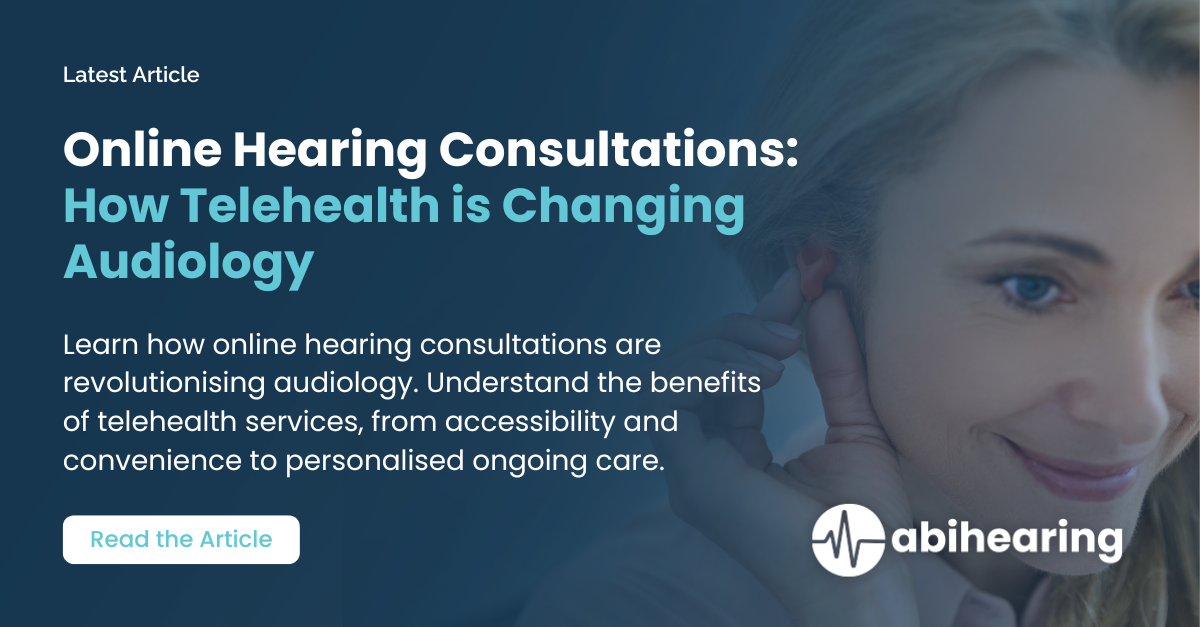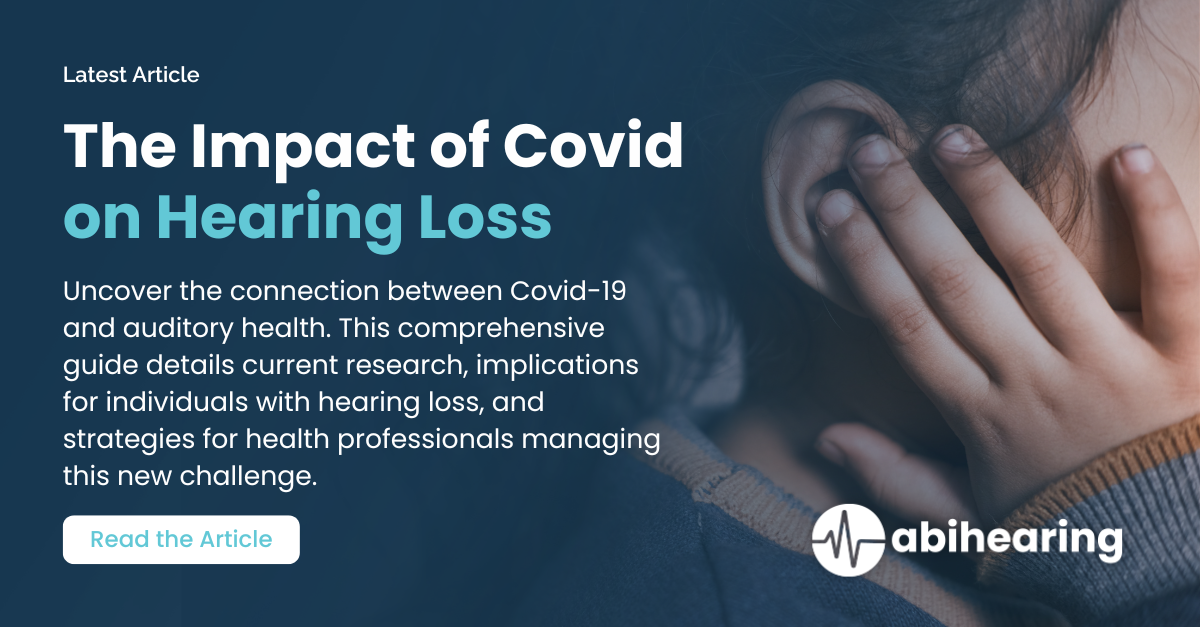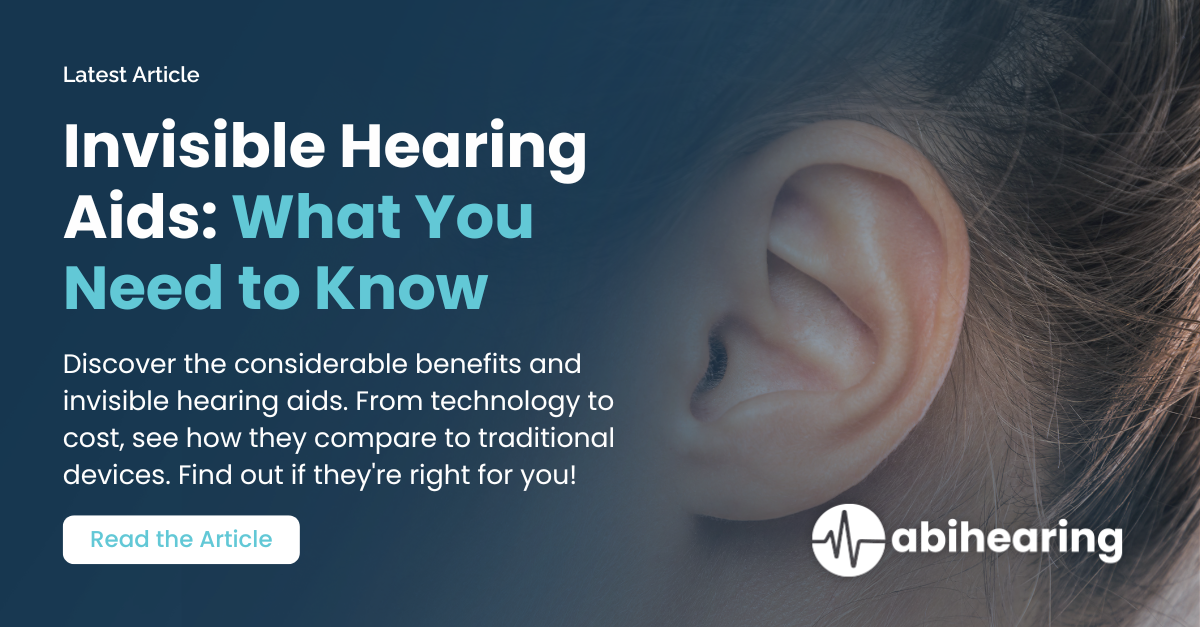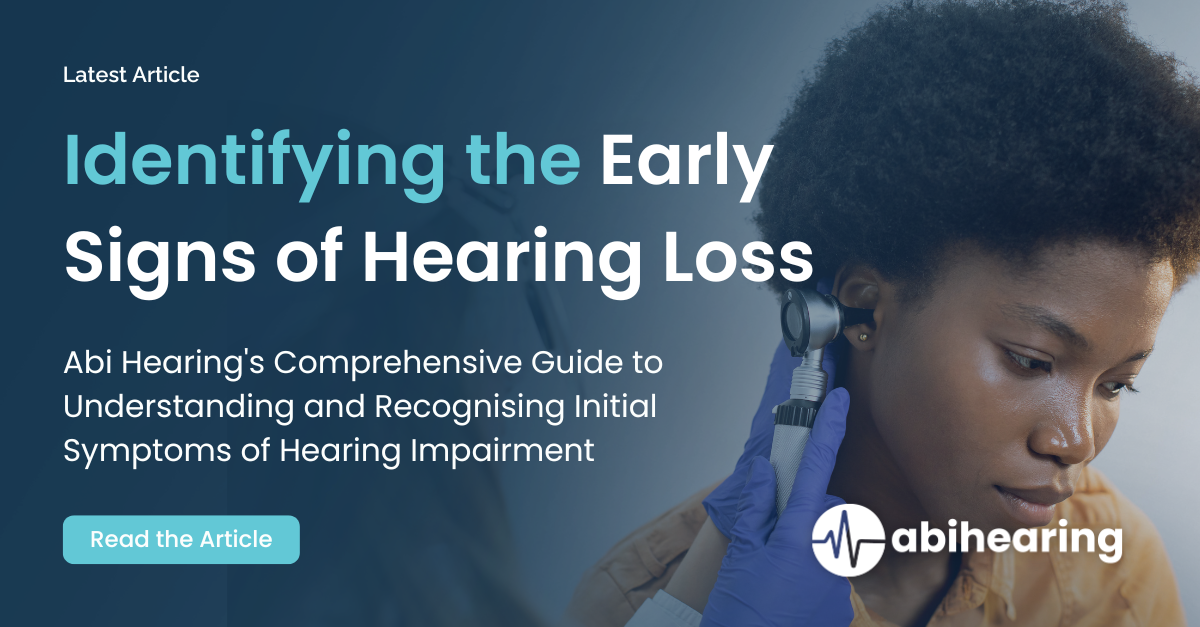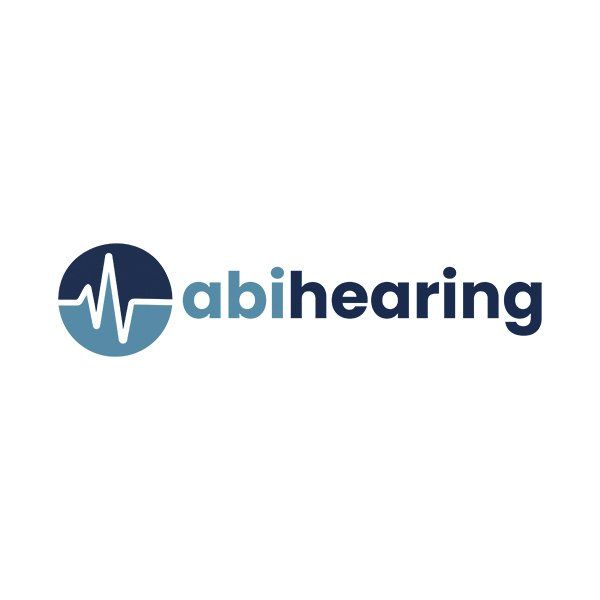The Importance of Regular Hearing Tests for Kids
It's important for parents to have their children's hearing checked regularly. Hearing problems can lead to difficulties in school and with social interactions. Early detection and intervention are important for minimising the impact of hearing loss on a child's life.
There are a variety of reasons why kids might need to get their hearing tested. Hereditary factors, illnesses, and injuries can all cause hearing loss. Additionally, some kids are born with congenital hearing loss.
Most schools require that students have a hearing test before they enrol. This is to ensure that every child has the opportunity to learn and succeed in school. If a child is found to have a hearing problem, there are many resources available to help them.
If you're concerned about your child's hearing, don't wait for their school to require a hearing test. There are many providers who offer hearing tests for kids of all ages. You can also request a referral from your paediatrician.
It's important to catch hearing problems early. With early intervention, most children can learn to adapt and live full, successful lives.
What is a Hearing Test?
A hearing test (also known as a hearing screening or hearing examination) is a quick and painless way to see how well your child can hear and provide an overview of their hearing health and usually takes just a few minutes. It works by measuring the response of the ear to sound signals, which are then interpreted by a specialist to establish whether there is a potential cause for concern. A screening test typically done in an audiology clinic.
Causes of Hearing Loss in Kids
There are several factors that increase the likelihood your child may suffer from temporary or permanent hearing loss, including:
Congenital Hearing Loss
CHL refers to hearing loss caused by a birth defect. It's the most common type of childhood hearing loss and occurs in about 3 to 4 of every 1,000 newborns. Hearing loss can be mild or profound, and either temporary or permanent.
Noise-Induced Hearing Loss
Hearing loss can be caused by exposure to loud sounds over a prolonged period of time (longer than 15 minutes). Loud sounds can come from many different sources, including power tools, loud music, fireworks, etc. Hearing loss can be temporary or permanent and varies in degree (mild to severe).
Disease or illness
Hearing loss can occur as a result of an ear infection, the side effect of chemotherapy, fluid build-up in the ear, etc. Hearing loss is usually temporary and may be mild or severe.
How Can I Tell If My Child Needs a Hearing Test?
Now that we know about some of the factors that may lead to hearing loss in children, it's important to know when you should consider getting your child tested. Some signs include:
- hearing loss in one or both ears
- hearing loss associated with fever
- hearing loss affects developmental milestones (like speech)
- hearing loss that does not resolve after an ear infection
- hearing loss in one or both ears with chronic ear infections
What are the Benefits of a Hearing Test for Kids?
One of the biggest benefits of hearing tests is that they can help identify problems at an early stage so your child can get tailored care. Some children may not be aware of their hearing loss and the earlier children get checked for hearing problems, the easier it will be for them to communicate effectively and enjoy a good quality of life. Hearing tests can also help rule out other causes of your child's symptoms, such as an ear infection or fluid build-up in the middle ear.
What to Expect During a Hearing Test
A Hearing test should take around 15 minutes and usually involves several stages:
Hearing Tests in Infants and Babies
Newborn hearing screening can be quite different from hearing tests for older children or adults. In young children, it's often difficult to get them to point out where a sound is coming from or how loud it is, so they tend to focus more on the child's reaction to the sound.
Hearing Tests for Toddlers and Older Kids
Hearing tests for older kids tend to take into consideration how well your child can communicate through speech. They will often start with a few general questions to establish the level of hearing ability and then carry out tests that involve different sounds, volumes, and tones.
Why are Hearing Tests Important for Children?
Hearing loss can be a real struggle for kids. Hearing tests are the best way to diagnose hearing problems early and get your child the care plan they need to not only hear well but also communicate effectively. Hearing tests can also help diagnose a child who may have a developmental delay.
Hearing changes throughout childhood, so hearing tests should be done regularly. Ask your doctor or audiologist whether hearing tests are right for your child and how often they should be tested. Hearing loss in kids can affect speech, language, and how well your child plays and interacts with others.
How Can I Make Sure My Child Gets Hearing Tests Regularly?
Hearing tests for children are usually done by an Audiologist, who is a hearing health professional. It's important to choose someone you feel comfortable with so your child feels relaxed and can interact well during the test. Parents should also tell the hearing specialist about any concerns they have regarding their child's hearing health.
How Often Should My Child Have a Hearing Test?
Regular Hearing tests are important for all children, but especially those who are more at risk for hearing loss, such as those who were born prematurely or those with family members with hearing problems. Hearing tests should be done every three years until your child turns seven, and then once a year after that.
What Can We Do For You?
Are you concerned that your child's hearing isn't as good as it should be? Abi Hearing can help. We offer comprehensive hearing tests for kids, so you can rest assured that your child is getting the best possible care.
Conclusion
Hearing tests are important for kids because they can help identify any potential hearing problems at an early stage. This is crucial as it allows for the appropriate treatment to be undertaken early, and helps to prevent any long-term damage that the untreated hearing problem may have caused.
Regular hearing tests for children can also help improve their language development and academic performance. Parents should make sure that their children undergo regular hearing tests to identify and treat any potential problems as soon as possible.
If you would like to learn more about how Abi Hearing are working with the local community to improve hearing health, reach out to one of our experts on (03) 9399 9536 or by email info@abihearing.com.au.
Schedule An Appointment With Our Hearing Health Experts Today!
There are a few different types of Bulk Billed Hearing Tests. The most common type is an audio diagnostic test, which is used to screen for hearing loss. This type of test usually takes around 30 minutes to complete.
If you are interested in getting a Bulk Billed Hearing Test, talk to the team at Abi Hearing. They will be able to tell you if you are eligible for a test and book your appointment at our Bundoora Audiologist Clinic.
The entire team at Abi Hearing looks forward to meeting you. We are ready to answer your questions, fully understand your hearing challenges, and introduce you to exciting new technologies that can give you the excellent hearing you've been wanting.
Book an Appointment
We will get back to you as soon as possible.
Please try again later.
Read the Latest Articles for Abi Hearing Clinic's Audiology
& Hearing Loss Experts
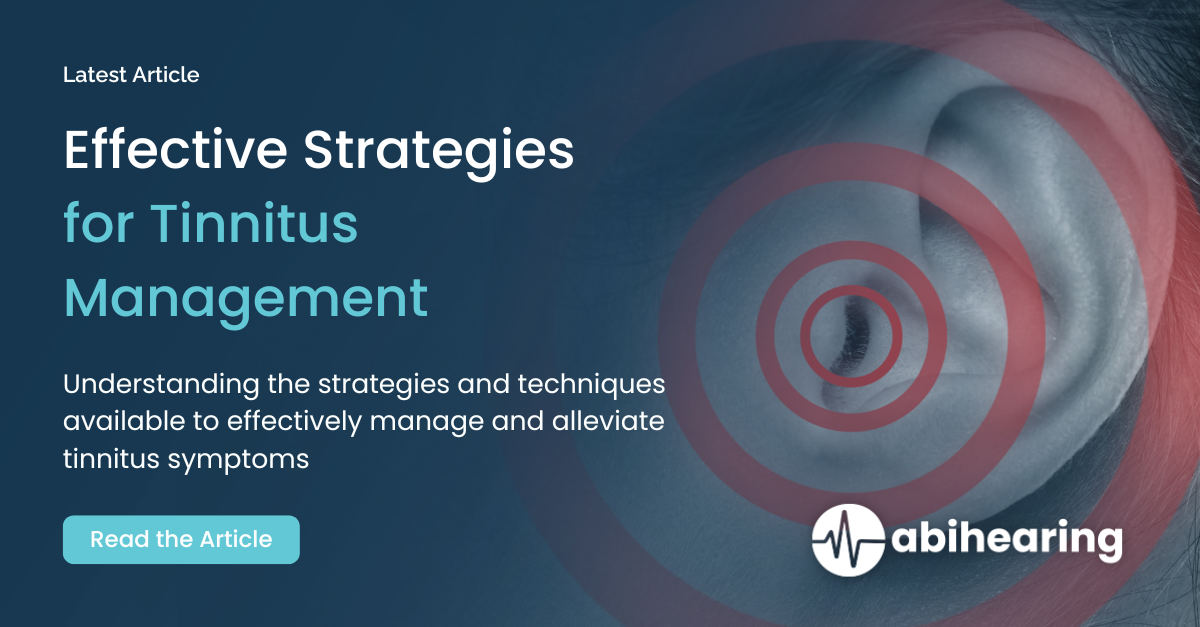
Common Questions About Hearing Aids
-
What does a hearing aid do?
A hearing aid is a device worn behind the ear, in the outer ear canal, or in the middle ear to amplify sounds. It can be used to improve mild to moderately-severe losses due to sensorineural hearing impairment and conductive hearing impairment. Some hearing aids also have a built-in T-coil (telecoil) which can be used to improve the listening experience for people with single-sided deafness, or when there is a lot of noise present.
Hearing aids make it possible for people with mild to severe hearing loss to hear sounds more clearly. There are different types of hearing aids that can be used in either one or both ears.
A digital hearing aid is an electronic device that amplifies sound. Digital hearing aids convert sound waves into electrical signals that are then amplified. This type of hearing aid is a more modern technology offering greater benefits to users.
-
How do I know if I need a hearing aid?
If you have trouble hearing, or if people complain that you're turning the TV volume up too high, you may need a hearing aid. A hearing test can confirm whether you have a problem.
-
How do I know which type of hearing aid is right for me?
Your audiologist will help you choose the type of hearing aid that's best suited for your needs and lifestyle. Factors that will be considered include the severity of your hearing loss, your listening environment, and your budget.
-
What are the different types of hearing aids?
The four main types of hearing aids are:
1. Behind-the-ear (BTE)
This is the most common type of hearing aid. It sits behind the ear and has a clear plastic tube that goes down into the ear canal. BTEs are available in a variety of styles and colors, and are the most durable type of hearing aid.
2. In-the-ear (ITE)
This type of hearing aid is custom made to fit snugly in the outer part of your ear. ITEs are less visible than BTEs, but they may not be as durable.
3. In-the-canal (ITC) and completely-in-the canal (CIC)
These are the smallest and most discreet type of hearing aid. ITCs and CICs sit in the ear canal and are not visible once they are in place. They can be more difficult to adjust than other types of hearing aids.
4. Invisible Hearing Aid (IHA)
An invisible hearing aid is designed to be worn for extended periods of time to minimise the hassle of managing your hearing health. The devices are inserted deep into the canal, by a qualified Audiologist and remain there for their lifecycle.
-
What are the different parts of a hearing aid?
The different parts of a hearing aid include:
1. The microphone
This is the part of the hearing aid that picks up sound from the environment.
2. The amplifier
This part of the hearing aid increases the volume of sound that is picked up by the microphone.
3. The receiver
This is the part of the hearing aid that sends sound to your ear.
4. The battery
This powers the hearing aid. Hearing aids use either disposable or rechargeable batteries.
5. The processor
This controls how the hearing aid sounds and adjusts to different environments.
6. The casing
This is the outer shell of the hearing Aid.
-
What are the different features of a hearing aid?
There are many different features that you can choose from when you buy a hearing aid. Some common features include:
1. Volume control
This lets you adjust how loud or soft the sound is coming through the hearing aid.
2. Tone control
This allows you to adjust the tone of the sound, making it sound more natural.
3. Noise reduction
This feature reduces background noise, making it easier to hear conversation.
4. Directional microphones
This feature allows you to adjust the hearing aid so that it picks up sound from the front, making it easier to hear in noisy environments.
5. Telecoil
This is a special setting that helps you hear better on the telephone and in places where there is a loop system set up (such as a movie theatre or museum).
-
What are the different types of hearing loss?
There are two main types of hearing loss: conductive and sensorineural.
1. Conductive hearing loss
This type of hearing loss occurs when there is a problem with the structure of the ear or the way that sound waves are conducted through the ear. Conductive hearing loss can be caused by things like wax build-up, infection, or damage to the ear.
2. Sensorineural hearing loss
This type of hearing loss occurs when there is a problem with the inner ear or the way that the brain interprets sound. Sensorineural hearing loss can be caused by things like age-related hearing loss, noise exposure, or injury.
-
What are the benefits of using a hearing aid?
There are many benefits to using a hearing aid. Some of the most important benefits include:
1. Improved communication
Hearing aids help you hear better in both quiet and noisy environments, making it easier to communicate with others.
2. Improved quality of life
Hearing aids can help you stay connected to your loved ones and participate in activities that you enjoy.
3. Improved safety
Hearing aids help you hear warning signals and other important sounds, making it easier to stay safe in your environment.
4. Improved mental health
Research has shown that using a hearing aid can improve your mood and overall well-being.
5. Improved self-confidence
Using a hearing aid can help you feel more confident and social, which can lead to a better quality of life.
6. Reduces the risk of developing dementia
Research has shown that using a hearing aid can reduce the risk of developing dementia by up to 50%.
7. Reduces the risk of falling
Hearing aids help you hear better in your environment, which can help you stay safe when walking or climbing stairs.
8. Reduces the risk of social isolation
Hearing loss can often lead to social isolation, but using a hearing aid can help you connect with others and stay involved in your community.
9. Affordable
Many health insurance plans cover the cost of hearing aids, making them more affordable for those who need them.
10. Customizable
Hearing aids come in many different styles and colours, so you can find one that fits your personality and lifestyle.
-
Which hearing aids can I choose from at Abi Hearing?
-
How do I know if I need a hearing aid?
We all know that hearing loss can cause many problems. It can be a serious issue for those who work in noisy environments, in the office or on the construction site, or an inconvenience for someone wanting to tune into their favourite TV show. If you have any of the following symptoms, it is time to schedule an appointment with your audiologist:
Any noticeable change in your hearing
You have a hearing loss that is severe enough to interfere with your life
You have tinnitus
You have sudden and unexplained hearing loss
You are not able to hear a conversation from across the room or in a quiet room
You are missing conversations on your Phone or in the car
You experience dizziness, vertigo, or ringing in the ears
If you are experiencing any of these symptoms, it is important to schedule an appointment with your audiologist. The sooner you get treatment, the easier it will be to manage your symptoms and the less they will impact your life.
-
Can hearing aids cause vertigo?
There is no evidence to suggest that properly fitted hearing aids can cause vertigo. However, if you are experiencing vertigo or other dizziness-related symptoms, it is important to speak with your audiologist. There may be another underlying cause for your symptoms that needs to be addressed.
-
How often do hearing aids need to be replaced?
Hearing aids do not need to be replaced on a regular basis. However, over time they may start to lose their effectiveness or become damaged. If you notice that your hearing aids are not working as well as they used to or if they are damaged, it is important to see your audiologist for a replacement.
-
Can hearing aids cause headaches?
There is no evidence to suggest that properly fitted hearing aids can cause headaches. However, if you are experiencing headaches, it is important to speak with your audiologist. There may be another underlying cause for your symptoms that needs to be addressed.
-
Are hearing aids waterproof?
Most hearing aids are not completely waterproof, but most models come with a water-resistant coatings that can protect them from light rain or accidental exposure to water. It is important to remove your hearing aids before swimming or showering.
-
This Page Talks About:
Vestibular systems, unbiased advice, trained, tinnitus management, tinnitus, tests, test, support, specialists, services, seek, ringing, request, range, quality, qualified, purchase hearing aids, professional, patients, melbourne vic, melbourne, life, latest technology, latest equipment, independent audiologists, independent, helpful, hearing tests, hearing test, hearing services, hearing needs, hearing loss, hearing health, hearing concerns, hearing care, hearing australia, hearing assessment, hearing aids, hearing aid manufacturer, hearing aid, hearing, hear, health, friendly environment, free online hearing test, free hearing check, free hearing, foster, ears, ear wax removal, ear wax, ear, doctors, devices, contact, communication, clinic, clients, children, businesses, better hearing, best audiologists, australia, audiology, audiologists, audiologist near me, audiologist, appointment, aids, aid brands, ages, advice, adults.
Subscribe to our newsletter to stay up to date with our latest offers.
Contact Us
We will get back to you as soon as possible.
Please try again later.
Williamstown Hearing Clinic
54 Electra Street,
Williamstown, Victoria
3016
Business Hours:
Monday to Friday
9.00am to 5.00pm
Phone: (03) 9399 9536
Email: info@abihearing.com.au
North Melbourne Hearing Clinic
Suite 228/55 Flemington Rd,
North Melbourne, Victoria
3051
Business Hours:
Thursday to Friday
9.00am to 5.00pm
Phone: (03) 9326 5334
Email: info@abihearing.com.au
Williams Landing Hearing Clinic
111 Overton Road,
Williams Landing, Victoria,
3027
Business Hours:
Thursday to Friday
9.00am to 5.00pm
Email: info@abihearing.com.au
Point Cook Hearing
Clinic
15 Kenswick Street,
Point Cook, VIC,
3030
Business Hours:
Thursday to Friday
9.00am to 5.00pm
Phone: (03) 7018 7477
Email: info@abihearing.com.au

